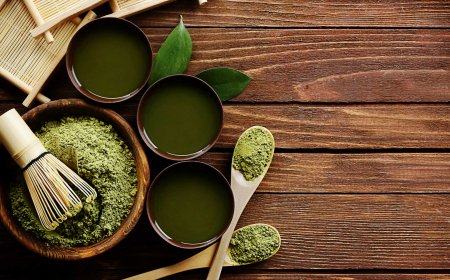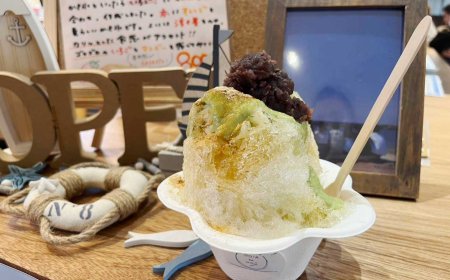Suika: Japan's Sweet Summer Fruit
In Japan, summer wouldn't be complete without suika, the popular fruit that symbolizes the season.
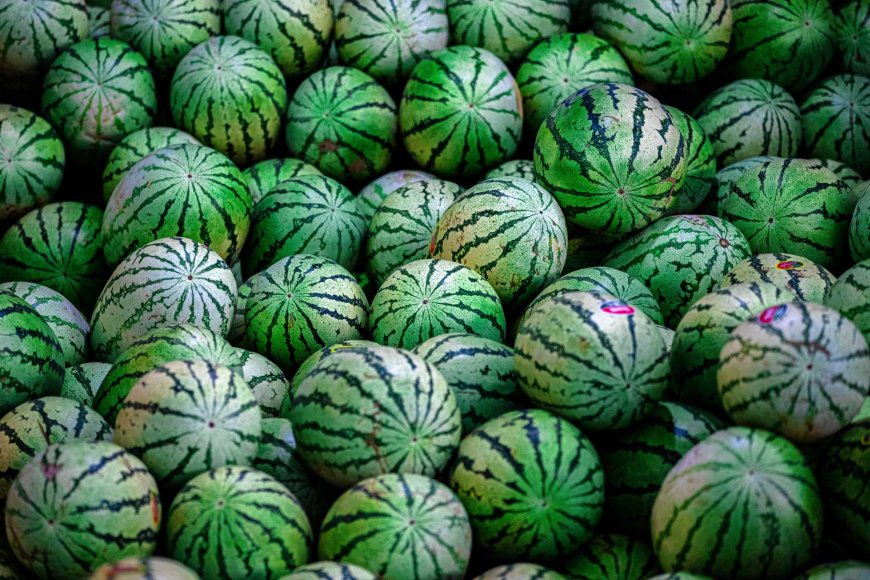
Japan's Summer Fruit
In Japan, summer is synonymous with many things: festivals, fireworks, and the arrival of seasonal delicacies that mark the warmest months of the year. One such iconic treat is suika—Japanese watermelon. With its vibrant green rind and sweet, juicy flesh, suika is not just a fruit but a cultural symbol of the summer season in Japan. Whether enjoyed as a refreshing snack, a key ingredient in seasonal dishes, or the centerpiece of fun-filled games, suika holds a special place in the hearts of the Japanese people.
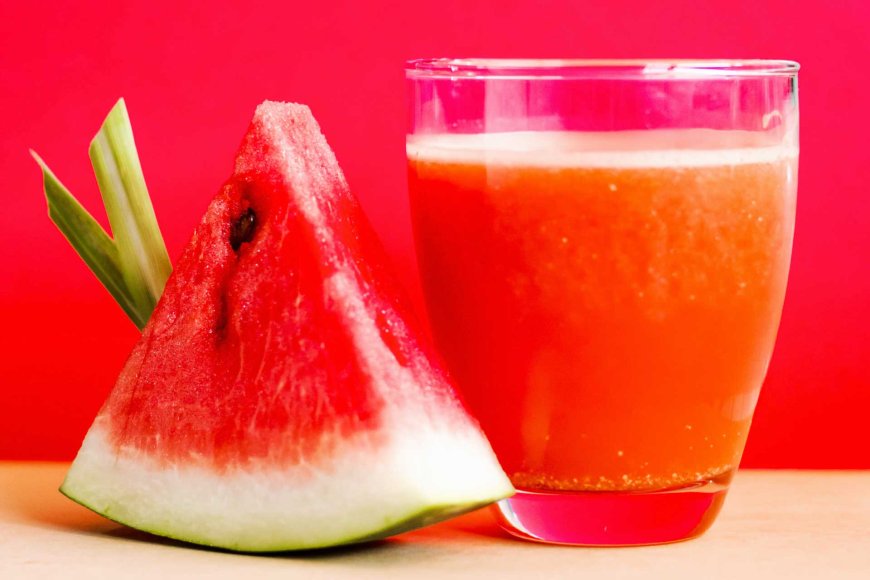
Suika: A History Rooted in Tradition
The history of suika in Japan dates back to the early Edo period (1603-1868), when it is believed that the fruit was introduced to the country through trade with China. Initially cultivated primarily in the Kyoto and Osaka regions, suika quickly gained popularity due to its ability to quench thirst and provide relief from the sweltering summer heat. Over time, watermelon farming spread across Japan, with each region developing its own unique varieties and cultivation methods, adapting to local climates and tastes.
Today, Japan is home to a wide range of watermelon varieties, from the standard round and seedless types to more unusual shapes like the square watermelons of Zentsuji in Kagawa Prefecture, which are grown in boxes to give them their distinctive shape. These square watermelons, although more ornamental and expensive than edible, reflect Japan’s dedication to aesthetics and innovation.
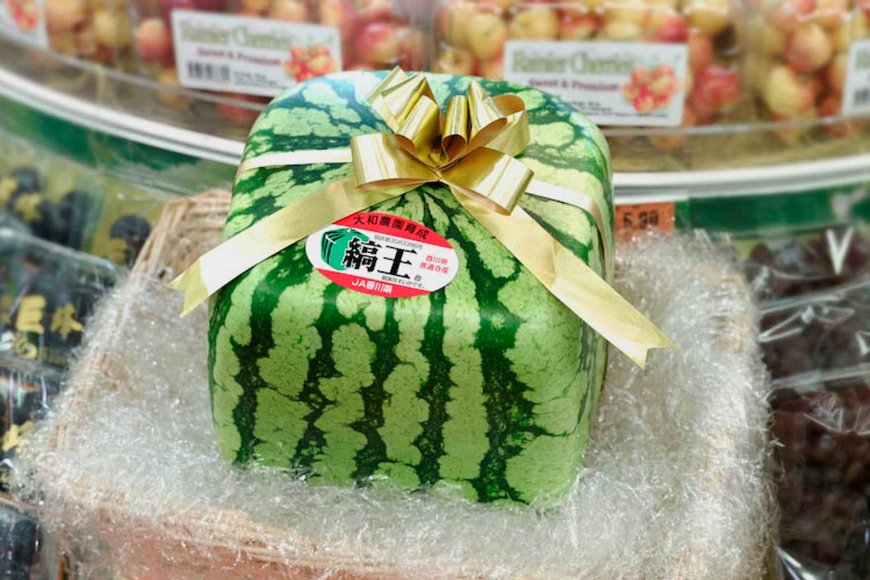
Suikawari: The Watermelon Splitting Game
One of the most popular summer activities involving suika is suikawari, a traditional Japanese game that is similar to a piñata but with a watermelon. In suikawari, participants are blindfolded and spun around to disorient them before being given a wooden stick to smash a watermelon that is placed on the ground. The goal is to break open the watermelon, and once successfully split, everyone gathers to enjoy the sweet, refreshing fruit.
Suikawari is often played at beach outings, picnics, and summer festivals, bringing joy and laughter to participants of all ages. The game not only provides a fun and interactive way to enjoy suika, but it also embodies the spirit of togetherness and playfulness that characterizes summer in Japan.
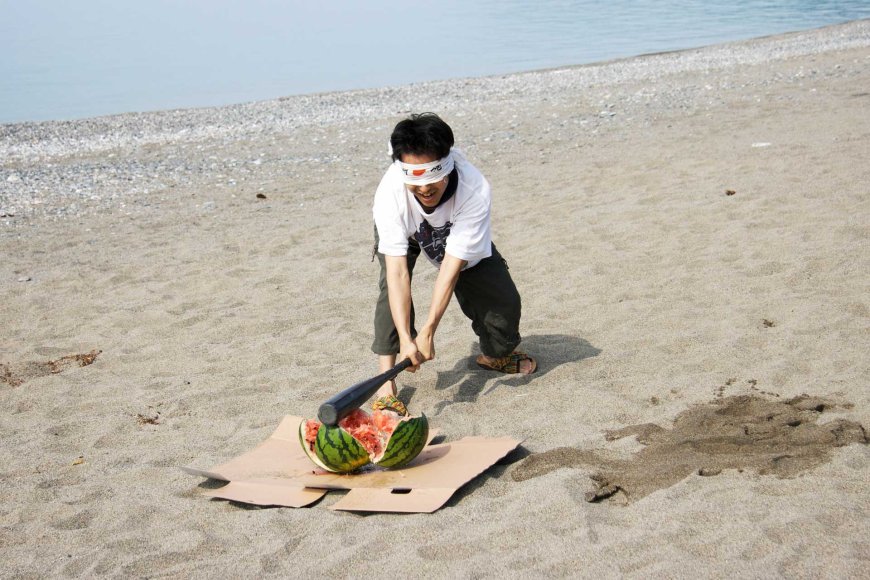
Suika in Japanese Cuisine
While suikawari is a popular way to enjoy suika, the fruit also plays a significant role in Japanese cuisine. In its simplest form, suika is served as chilled slices, often sprinkled with a pinch of salt to enhance its sweetness—a traditional method that many Japanese people swear by.
Beyond the basic slices, suika can be found in a variety of dishes and beverages. Watermelon-flavored kakigori (shaved ice) is a favorite summer dessert, providing a cooling treat during the hottest days. Suika is also used in cocktails, such as the suika mojito, which blends fresh watermelon juice with mint, lime, and soda water for a refreshing drink. In recent years, chefs have experimented with suika in more unconventional dishes, such as watermelon sashimi and suika salads that combine the fruit with savory ingredients like feta cheese, mint, and balsamic vinegar.
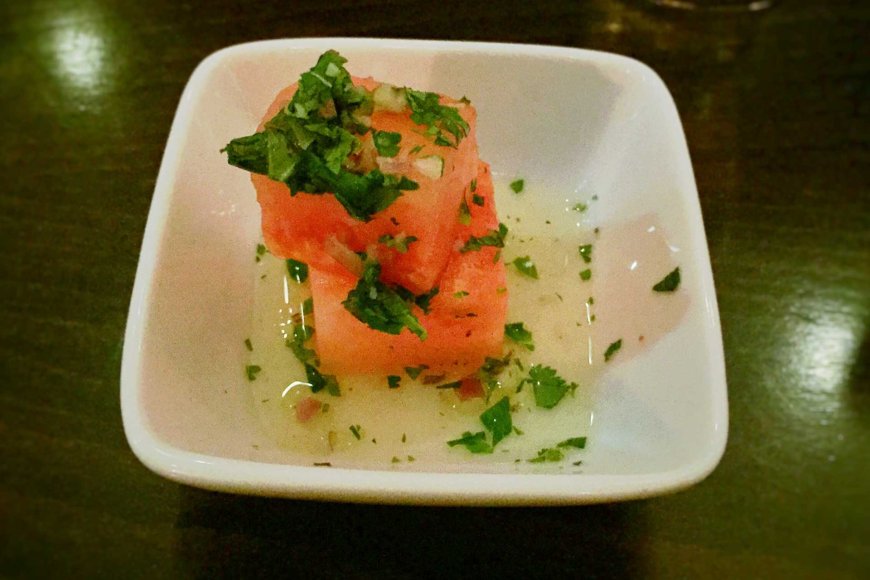
Cultural Significance and Symbolism
In Japanese culture, suika is more than just a fruit; it is a symbol of summer and the fleeting nature of life. The watermelon’s cool, juicy flesh offers a temporary respite from the oppressive heat, much like summer itself, which is both intensely enjoyable and short-lived. This duality resonates with the Japanese appreciation for mono no aware, the beauty of impermanence.
Watermelon-themed items also make appearances in summer fashion and accessories, from watermelon-shaped fans to yukata (summer kimono) adorned with suika patterns. These designs capture the joy and vibrancy of the season, reflecting how deeply ingrained suika is in the Japanese summer experience.
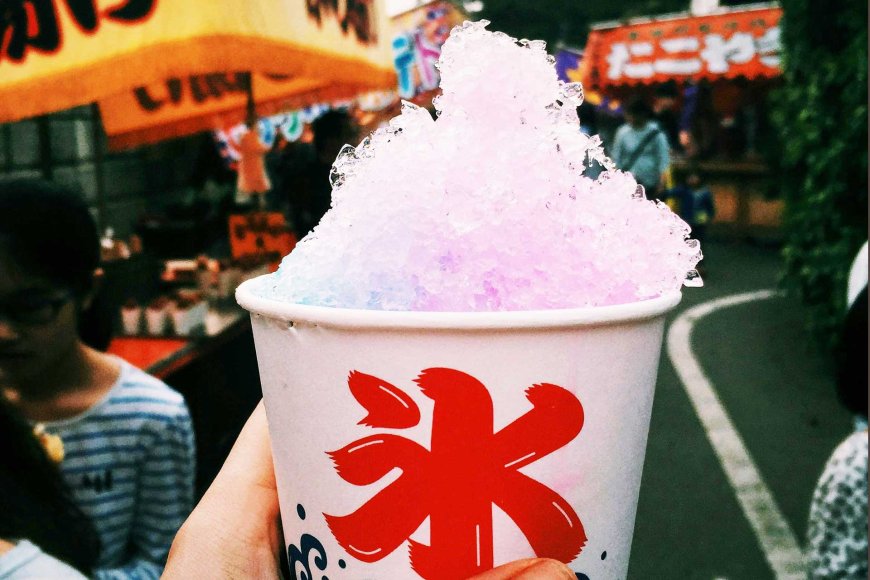
Suika, the Heart of Summer
Suika is more than just a refreshing fruit; it is an integral part of the Japanese summer experience. From its historical roots and cultural significance to its role in modern cuisine and recreation, suika embodies the essence of summer in Japan. As people gather to enjoy its sweet, juicy taste or take part in a lively game of suikawari, the watermelon continues to be a beloved symbol of warmth, community, and the simple pleasures of life under the summer sun.
Find Cheap Flight Tickets to any Destinations in Japan and the Philippines
Nipino.com is committed to providing you with accurate and genuine content. Let us know your opinion by clicking HERE.



















































